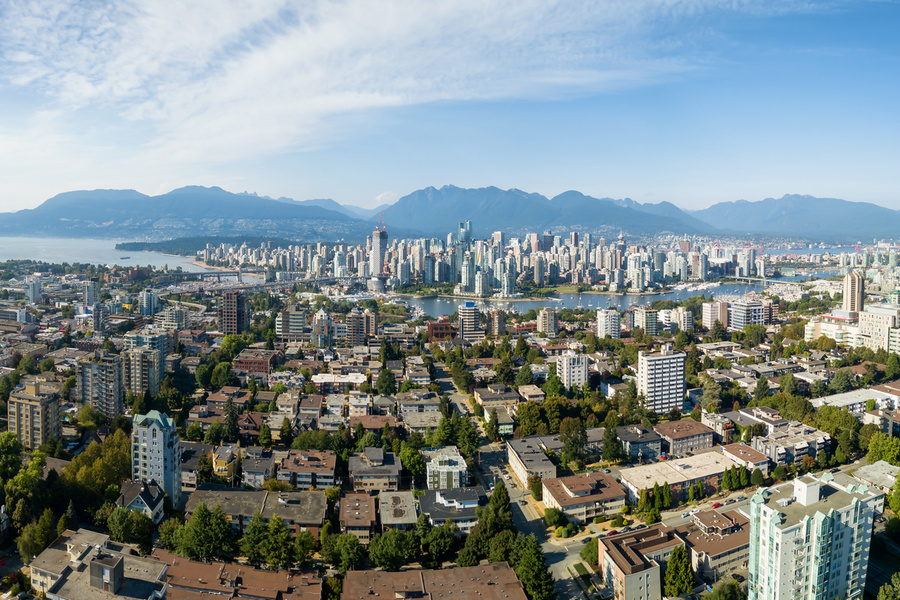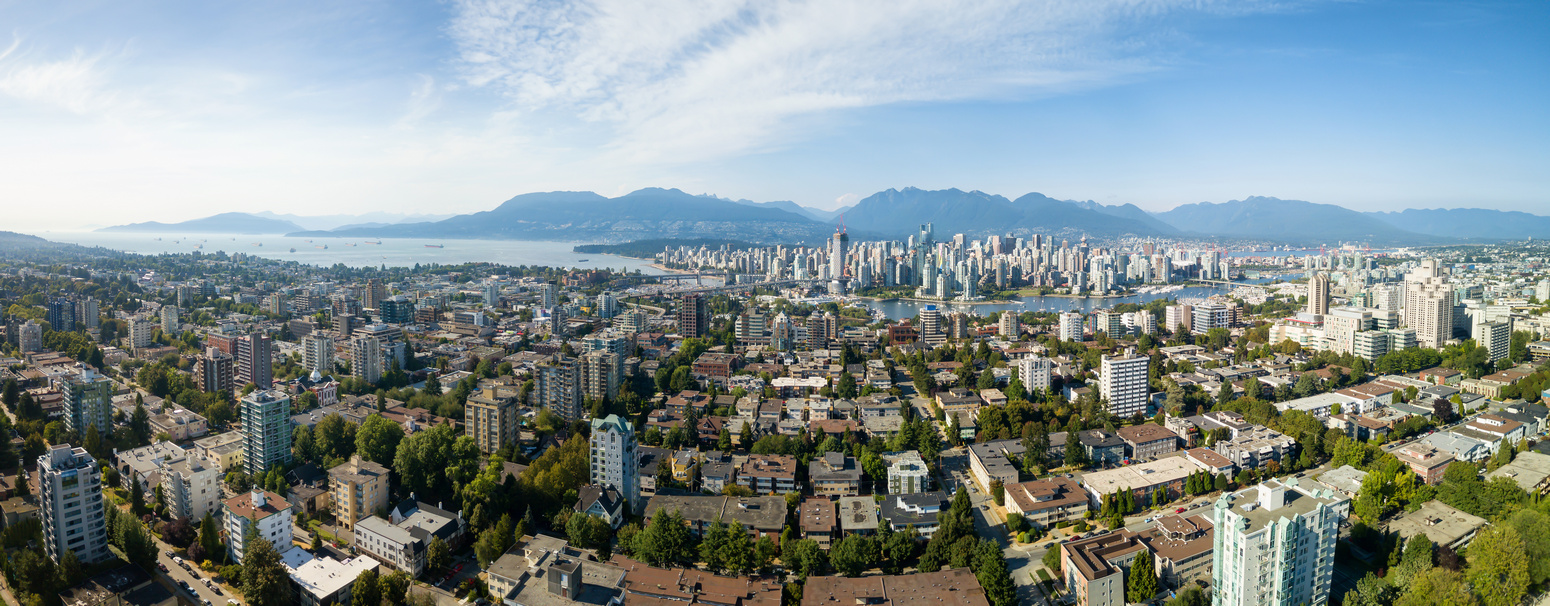

OTTAWA – Experts and advocates say countrywide government measures aimed at putting housing within reach of more Canadians mark a step in the right direction, despite a few misses and ham-fisted moves.
Monday’s federal budget promised $2.4 billion over five years, beginning with nearly $1.8 billion this fiscal year, for affordable housing and followed through on a pledge to tax foreigners who own vacant homes in Canada.

Leaders from Vancouver Mayor Kennedy Stewart to Toronto Regional Real Estate Board president Lisa Patel applauded the commitments for trying to tackle affordability as real estate prices soar across the country.
But market watchers like Tsur Somerville, a real estate expert at the University of British Columbia’s Sauder School of Business, cast doubt on whether a national tax for a price problem particular to urban and suburban areas was appropriate.
“You kind of worry about a national program addressing a need that might be more localized,” he said, adding that cottage country and tourist hot spots such as Banff and Mont Tremblant could suffer.
“They always try and do one size fits all. But we have a very varied group of markets across the country, and they really have to take into account urban versus rural. A broad, sweeping policy could have unintended consequences,” said Don Kottick, CEO of Sotheby’s International Realty Canada.
Additional savings, house-obsessed millennials and historically low interest rates during the COVID-19 pandemic have conspired to send residential real estate prices soaring amid a dire shortage of units.
“Governments really have to address the supply side. Residential construction really hasn’t kept pace with the population for decades now,” he Kottick said.
Jill Atkey, CEO of the B.C. Non-Profit Housing Association, said she welcomed the budget’s one-year, $1.5-billion extension of the popular Rapid Housing Initiative. The year-old program funds construction of modular homes and conversion of existing properties into residences, creating 4,500 units so far – 1,500 more than planned.
However, she was “profoundly disappointed” the 739-page document did not carve out an urban, rural Indigenous housing strategy, first promised by the Liberal government in 2017.
“It’s not an insignificant new investment,” Atkey said of the budget’s $2.4-billion top-up to the Liberals’ 10-year, $70-billion national housing strategy.
“But when we get down into looking at the actual number of units or homes that can be built with that money – and understanding we’ve got a vast, vast country with significant housing needs – I don’t think anyone can say that what’s in this budget is going to help the government reach its own goal of ending homelessness.”
The Canada Mortgage and Housing Corp. has set the goal of eliminating homelessness by 2030.
The budget’s plan to build or repair 35,000 units in total – with the help of a reallocated $1.3 billion in existing funding for quicker use – makes only a small dent in the more than 1.6 million Canadians who live in inadequate or unaffordable housing, according to Finance Department figures.
“The national housing strategy, since it was launched in 2017, has always been backend-loaded. So moving some of that planned investment up and realizing it now is important because it takes four or five years to get affordable housing built on a project-by-project basis,” Atkey added.
About $26 billion of the $70-billion housing strategy had been earmarked as of December.
In a little-noticed line item, the budget also targets transparency and money laundering in the housing market.
It allots $2.1 million over two years for the Industry Department to implement a beneficial ownership registry by 2025.
“Money laundering is a multibillion-dollar problem in Ontario’s housing market, crowding out hardworking families looking to achieve their dream of one day owning a home,” David Oikle, president of the Ontario Real Estate Association, said in a statement.
“A beneficial ownership registry would help stop the practice of criminals using shell companies to buy up homes, giving law enforcement and government an important tool to keep dirty money out of Canada’s housing market.”
With some of the weakest money-laundering laws among liberal democracies, Canada offers anonymity to investors and money launderers by allowing the real, or “beneficial,” owner to go undisclosed, similar to the Seychelles or British Virgin Islands.
Some $5 billion was laundered through B.C.’s real estate market in 2018, according to a report the next year by an expert panel led by former B.C. deputy attorney general Maureen Maloney.
We have an empty homes tax and a foreign buyers tax here in Vancouver and it has done virtually nothing. This national foreign owner tax has no teeth, and it was designed as such.
— Steve Saretsky (@SteveSaretsky) April 19, 2021
If you were expecting major housing policy announcements in the federal budget, you weren't listening to @TOAdamVaughan. A senior MP on the housing file explicitly stated he wouldn't support measures that target "equity" (ie prices). This couldn't have been more clear.
— Ben Rabidoux (@BenRabidoux) April 19, 2021
And besides, no government in their right minds drop the hammer on the largest asset no household balance sheets in an election year. If housing is still ripping AFTER an election, and IF Liberals end up with a majority, THEN we may see more substantial policy measures
— Ben Rabidoux (@BenRabidoux) April 19, 2021
Fall off your chair statement by federal govt –> they just said that Canada does not believe in real estate in Canada being used as a vehicle for offshore money. What the hell. Where were they last 20 years in Vancouver?????
— Christine Duhaime (@cduhaime) April 19, 2021
BMO is right!
While we do have a long term supply issue, prices are up over 30% this year because of a sudden surge in demand due to COVID, low rates etc.
Most developed countries are seeing a similar trend. https://t.co/ujV40Tk2O1
— John Pasalis (@JohnPasalis) April 20, 2021
Freeland: "In today’s low-interest-rate environment, not only can we afford these investments in Canada’s future, it would be shortsighted of us not to make them."
I guess the fed gov't is lucky it isn't subject to the stress test.
— Scott Ingram CPA, CA (@areacode416) April 19, 2021
Just something to point at, the revenue projections are ridiculous, likely less than one third of the $700M projected 4 years
Folks, it's just like @TOAdamVaughan says: no property price reversal for Canadians EVER
Or at least till after the election
— Ron Butler (@ronmortgageguy) April 19, 2021
ATTENTION OFFSHORE MONEY LAUNDERERS: The Canadian RE carry trade is alive and well. We will charge you 1% per year in tax but we expect 10-30% gains in perpetuity since its too big to fail according to @TOAdamVaughan
— Chris Joel (@catosletters) April 19, 2021
"Toxic Overuse" of QE
A beautiful treatise on Quantitative Easing and Market Distortion
This makes way too much sense for anyone in Government to pay attention⬇️ https://t.co/mIdCbZIbcs
— Ron Butler (@ronmortgageguy) April 20, 2021